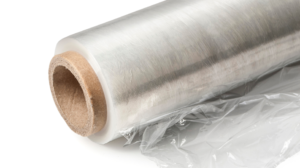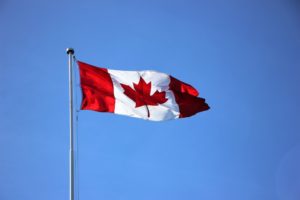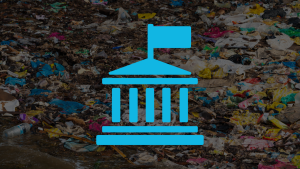- Policy
- Government
- Facts & Stats
- Plastic Pollution
- National
- International
Plastics in Northwest Territories
In Northwest Territories all waste management programs are regulated under the Waste Reduction and Recovery Act (2003). The NWT government is currently rethinking how the territory manages waste by developing a strategy to serve as a 10-year road map for improving waste resource management throughout the NWT.
Key laws in Northwest Territories that affect waste and recycling activities:
Diversion Rates (Tonnes) 2016
Yukon, Northwest Territories, and Nunavut. Plastics diversion rates not available for the territories.
| All materials diverted | 32,612 |
| White goods | N/A |
| Electronics | 128 |
| Plastics | N/A |
| Tires | 1,175 |
| Construction, renovation and demolition | N/A |
| Other materials | N/A |
Source: Statistics Canada, 2016
Material Recovery Overview:
The Northwest Territories has two diversion programs to reuse, recycle or safely dispose of waste including plastics:
- Beverage Container Program (BCP): a recycling initiative to help divert containers that would otherwise end up in Northwest Territories (NWT) landfills or as litter along streets and highways. The BCP operates through a network of community depots.
- Since 2005, Northerners have recycled over 325 million beverage containers. This past year alone, 2,584 tonnes of carbon dioxide was avoided, the same as taking 544 cars off the road. The BCP was the first program created under the Waste Reduction and Recovery Act.
- Electronics Recycling Program: Electronics, such as laptops, desktop computers and printers are now accepted for recycling in the Northwest Territories (NWT). The Government of the Northwest Territories (GNWT) has put in place Electronics Recycling Regulations under the Waste Reduction and Recovery Act. A Plain Language version of the Regulations is also available.
Plastic Bans & Fees
Province-wide
Effective Date: January 1, 2011
- Single-use Retail Bag Program: Consumers pay 25¢ for each single-use retail bag they get from a store. This 25¢ then goes into the Environment Fund. The Environment Fund is used to create new waste reduction and recovery programs and initiatives.



